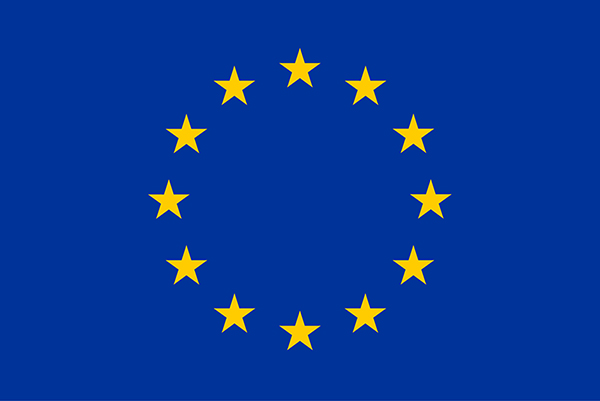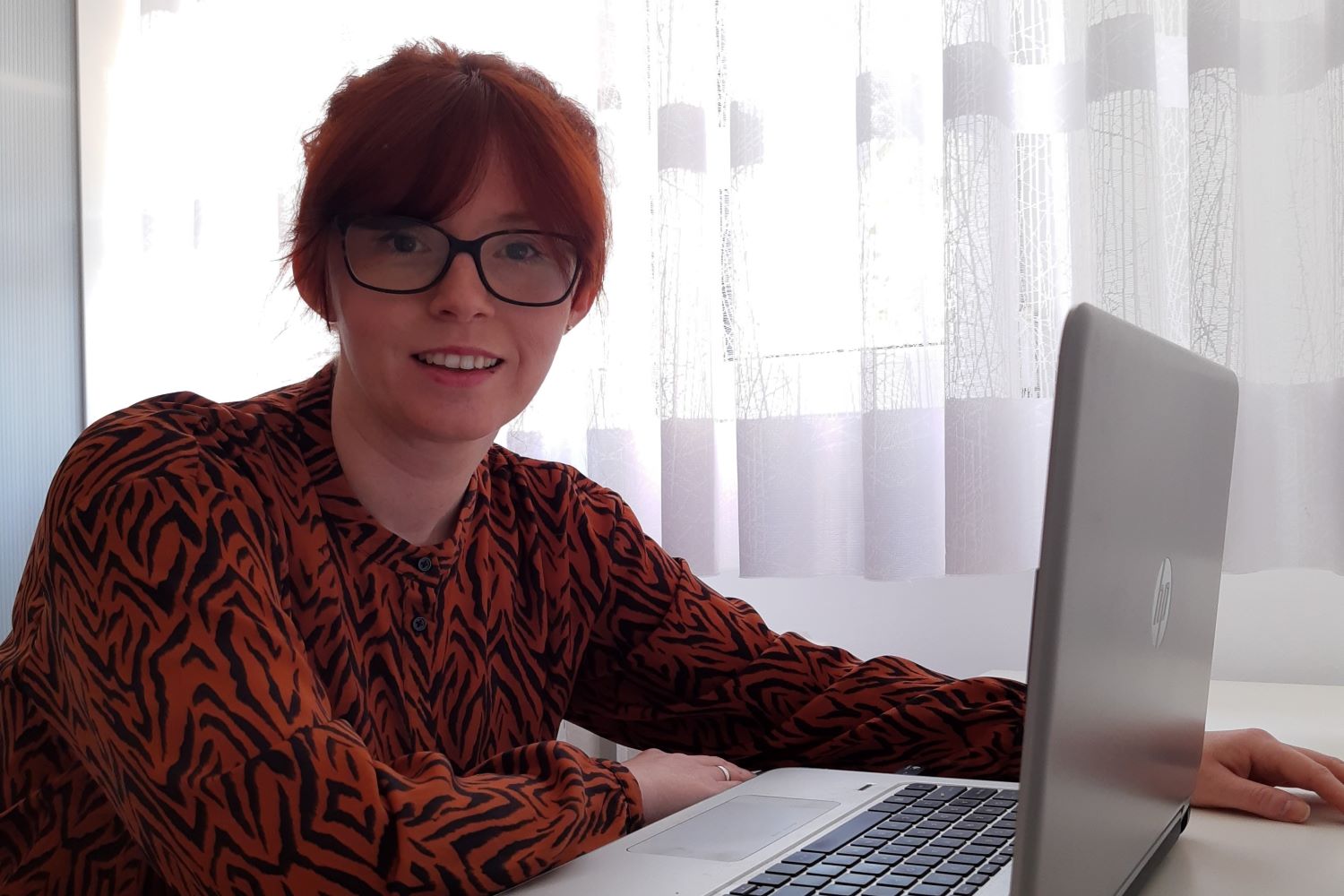
This project has received funding from the European Union’s Horizon 2020 research and innovation programme under grant agreement No 952327.

 Web Content Display
Web Content Display
Web Content Display
Web Content Display
 Web Content Display
Web Content Display
Web Content Display
Web Content Display

This project has received funding from the European Union’s Horizon 2020 research and innovation programme under grant agreement No 952327.

 Web Content Display
Web Content Display
Web Content Display
Web Content Display
 Web Content Display
Web Content Display
Web Content Display
Web Content Display
One of challenges of the Anthropocene for many regions is to create and maintain sustainable and resilient food systems based on local resources and responsible involvement of food producers and consumers in the changing political, economic and cultural contexts that would ensure access to food for future generations. The food system is a complex web of activities that involve the production, processing, transportation and consumption of food (Ericksen 2008, Ericksen et al. 2009; Godfrey et al. 2020; Ingram 2011). But issues related to the food system, directed toward food security, include not only the sustainable chain of food production and consumption. These issues also affect such problems as the impact of food production on the natural environment, the impact of food on the health of individuals and populations, sustainable food production, various consumption patterns, the degree of food waste and social attitudes towards food waste. For example, changing consumption patterns (subsystem of the food system) has drawn widespread attention to the problem of the formation of a surplus of still edible food that is being wasted (Filimonau et al. 2020). There is growing social pressure, top-down actions and bottom-up initiatives to protect such food from wasting, recovering and donating to those in need.
The problems of resilience and sustainable food systems concern various spatial scales, from the global to the regional and local scale. Additionally, it was compounded by problems related to urbanization processes that distanced consumer markets from local food sources. This is a multi-faceted challenge, which concerns ensuring universal food safety, achieving environmental and social goals and increasing the resilience of food systems (Sellberg et al. 2020; Godfrey et al. 2020). To resolve these problems requires significant innovation, vision and the projection of system transformation scenarios, using multiple actors of this transformation (Sellberg et al. 2020) as well as identification of "weak links" in this process.
The aim of the project is to identify the actors and links in the sustainable food system in the Upper Silesian-Zagłębie Metropolis: food producers, food distribution processes, sources of food, sources of wasted food and potential ways of its distribution and chains of connections, The project further seeks to develop a system model for the effective transfer of food from distribution sources to potential consumers. Towards this goal, it will be necessary to recognize the scale of social demand for redistributed food and the attitude towards this food as well as the value system that guides people to reduce food waste. Case studies of smaller scale activities will be able to influence the operation and vision of a larger scale sustainable food system. The project aims to identify individual activities and ways of ensuring the safety of the food system in the studied area. It does so by examining the conflicts and gaps in the food system as and seeks to identify the opportunities and possibilities where human activities can fill these gaps. In order to address this complex issue, mixed methods of research will be employed (e.g., social research and statistical analyses, GIS techniques).
Team leader: Magdalena Kubal-Czerwińska (JU)

Research team members: Daniel Straub (JU), Martyna Danch (JU), Magdalena Pączek (JU), Mateusz Rusin (JU), Justyna Gucwa (JU), Patrycja Maćkowiak (JU), Filip Bolicki (JU)
Supervisors: Josef Strobl (PLUS), Anton Van Rompaey (KU Leuven)